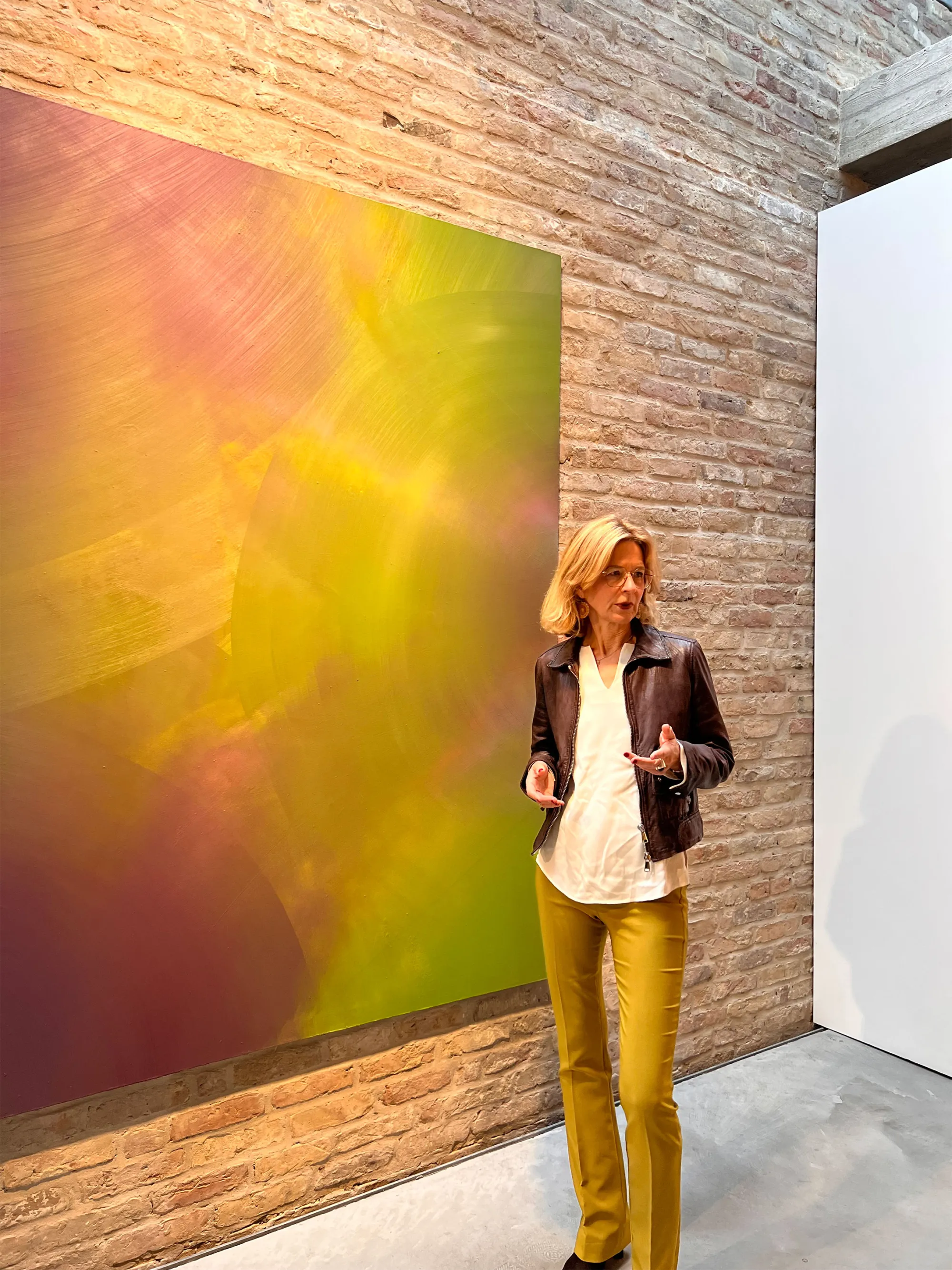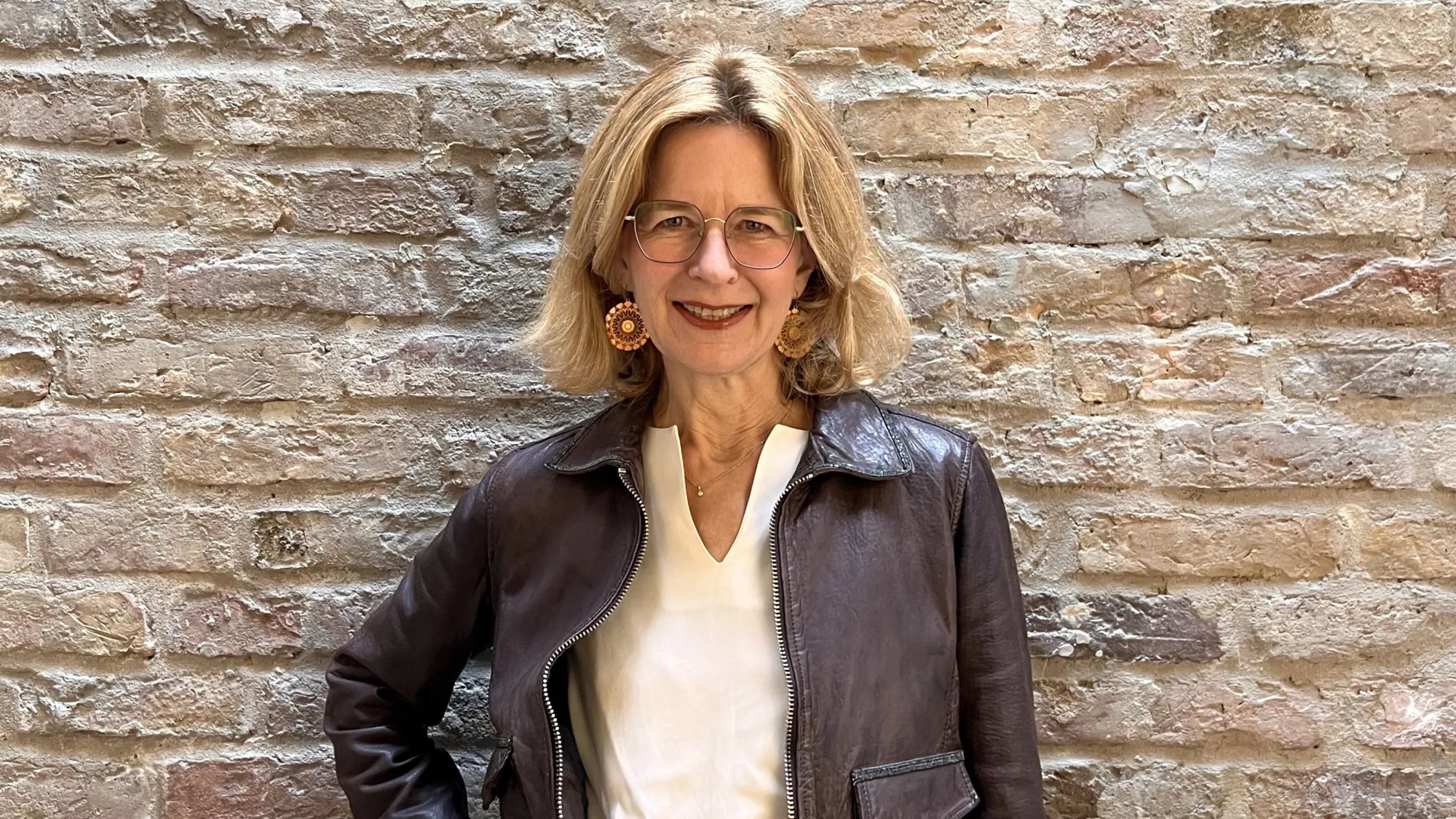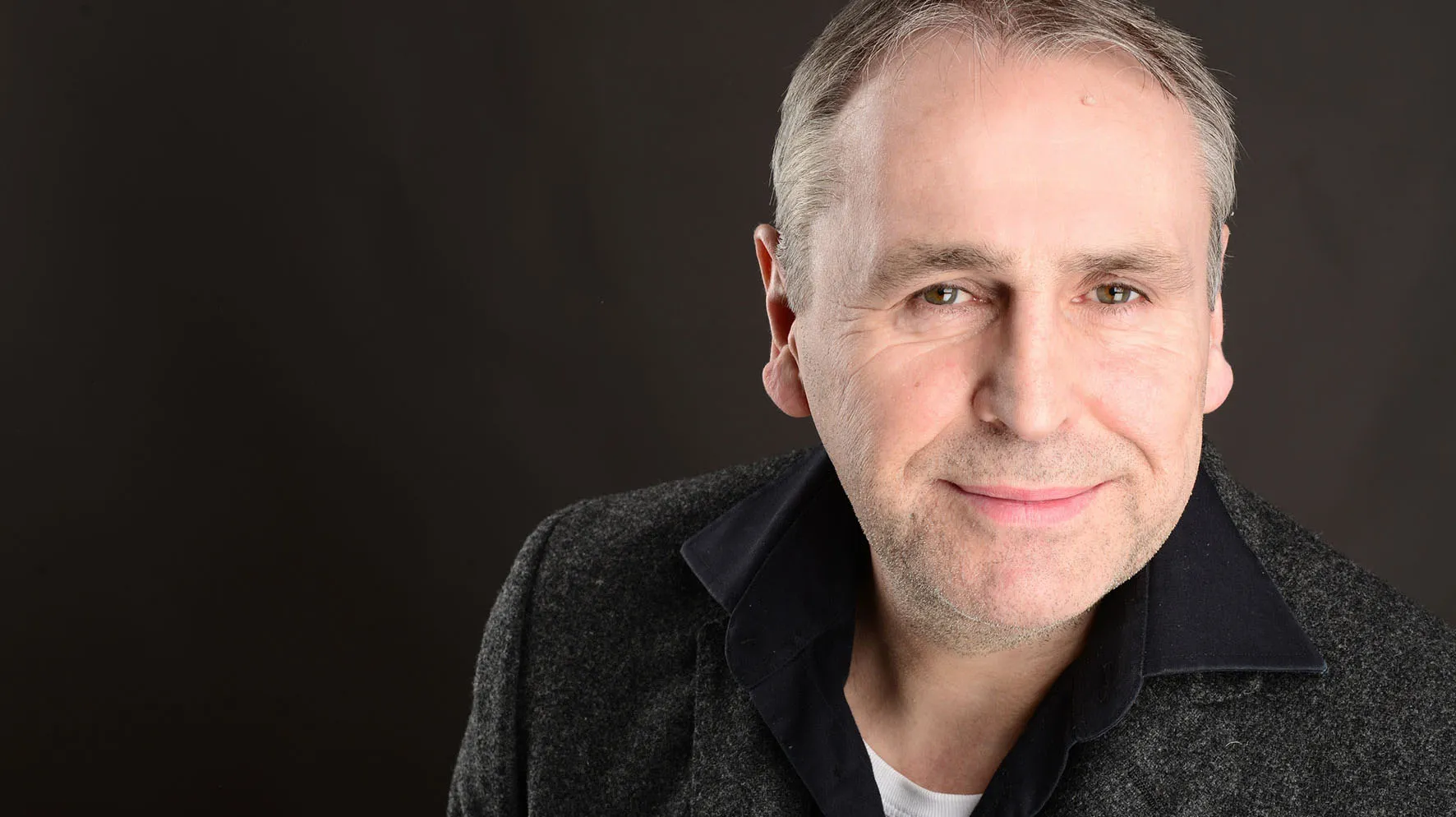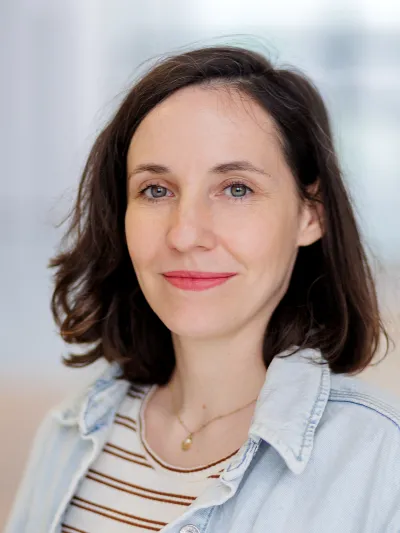The exhibition system has experienced an astonishing boom in recent decades that continues to this day. Even in the classical museum, the original functions – collecting, preserving and showing – are shifting in favour of showing and presenting. Not only in museum and exhibition halls, but also in other public and private institutions, temporary exhibitions take place or are installed as permanent facilities. Exhibitions and presentations increasingly serve as instruments of public relations and image promotion. Museums and exhibition spaces become places of encounter and exchange beyond what is shown there. Next course starts in 2026.
Curate, Conceive, Organise and Realise Exhibitions
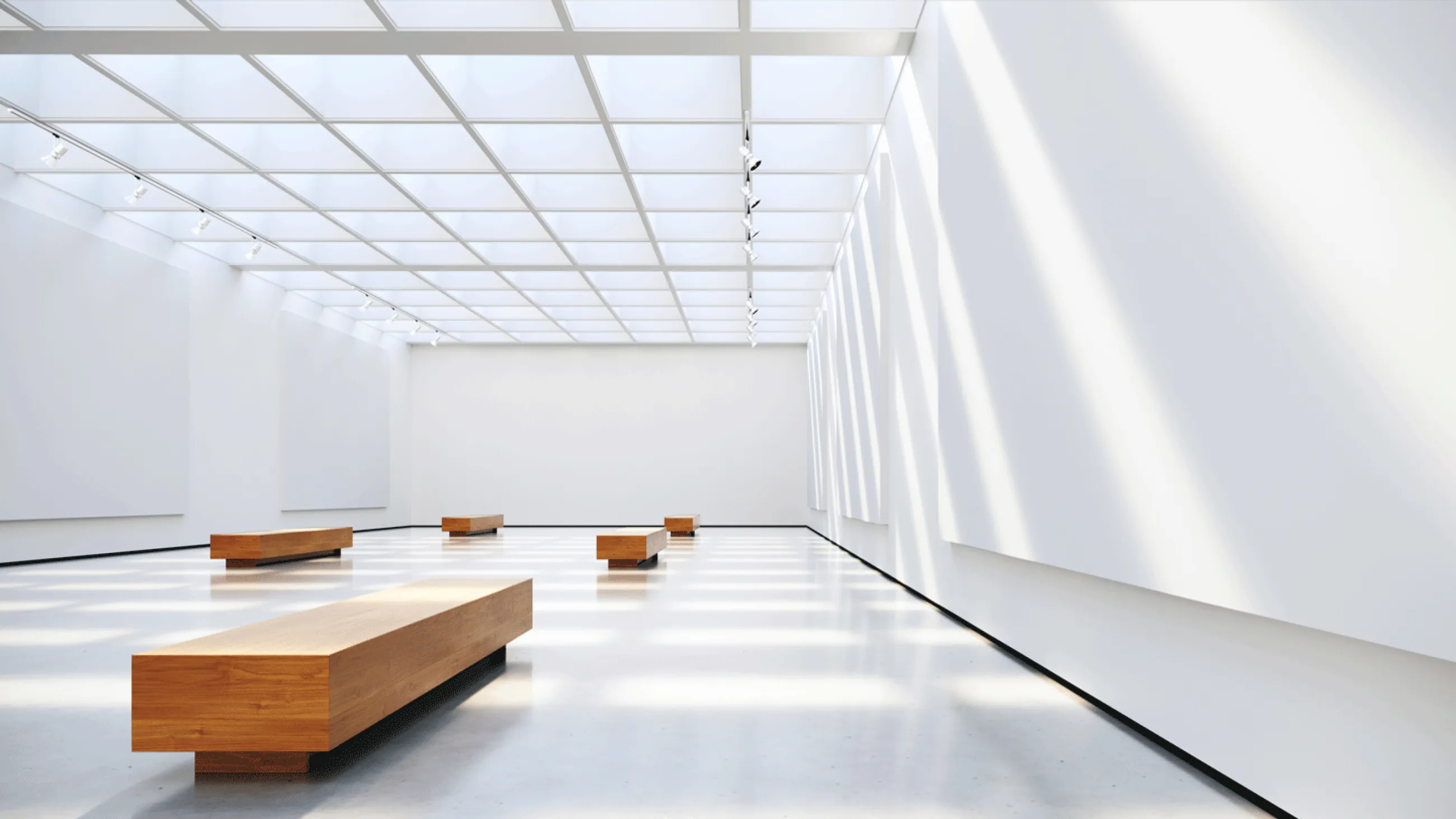
Completed studies or vocational training and professional experience
Recognised in Brandenburg and Berlin
At a glance
What distinguishes a successful exhibition? What do I have to consider from the exhibition idea to its realisation? The training covers everything from the beginnings of the history of exhibitions to the finished exhibition product. The contents will be taught in a practice-oriented way and with numerous exhibition examples. Participants will have the opportunity to present and develop their own projects.
The five-day seminar series takes place compactly in one seminar week. The seminar time is set at 9.30 am - 5.00 pm.
Target group
- People who want to gain insights into the approach, planning and implementation of exhibitions.
Lecturers
- Ursula Breymayer (course leader)
- Dr. Simone Oelker-Czychowski (course leader)
- Ingo Plato, Architect BDA, Cologne
Inhalte
- Exchange with experienced curators and exhibition architects
- Exhibition and depot visits with a look behind the scenes of curating
- Structure for your exhibition work
- Discussions on current issues in exhibition making
- Inspiration and material for the conception and realisation of an exhibition
Modules
A very well-organised training course that provides practical knowledge on topics such as contracts, legal matters and time management, but also creative inspiration and completely new impulses for your own project ideas in the field of curating.
More Information
Learn the basics of curating within five days: What participants can expect in March 2024
From participant to initiator: A few years ago, freelance curator Dr. Simone Oelker completed a further education course at the University of Applied Sciences Potsdam. Inspired by this course, she launched "Einmaleins des Kuratierens". In this interview, she reveals how the idea for the course came about and what interested parties can look forward to in 2024.
Hands-on history of everyday life: History researcher Markus Haake on the "basics of curating"
Markus Haake from Bremen is committed to researching regional everyday history. The topics researched in his "Microworlds" workshop find their way into exhibitions, media contributions and documentaries. In order to professionalise his exhibition work, he completed the 5-day training course " Das Einmaleins des Kuratierens" in 2022.
